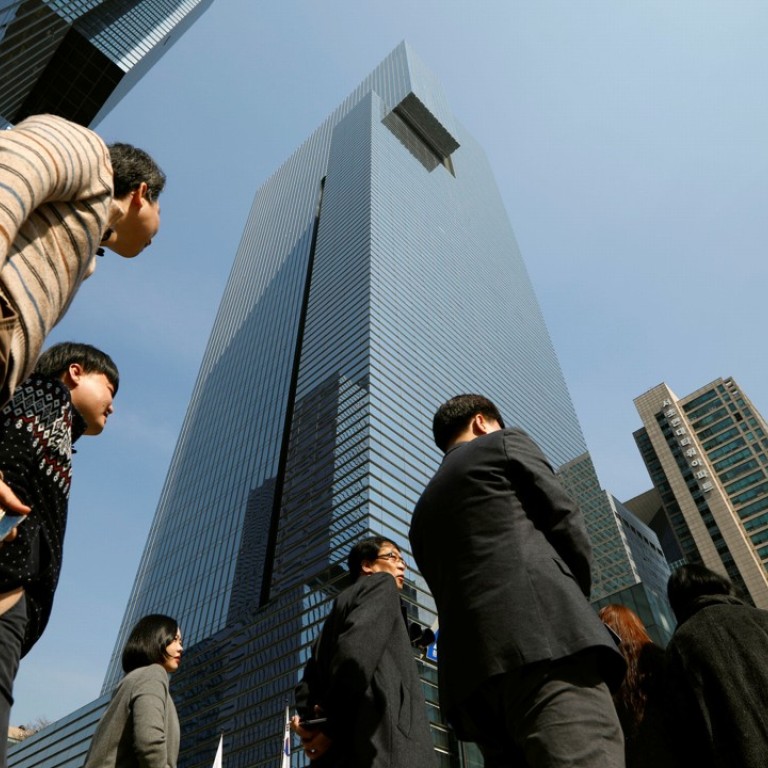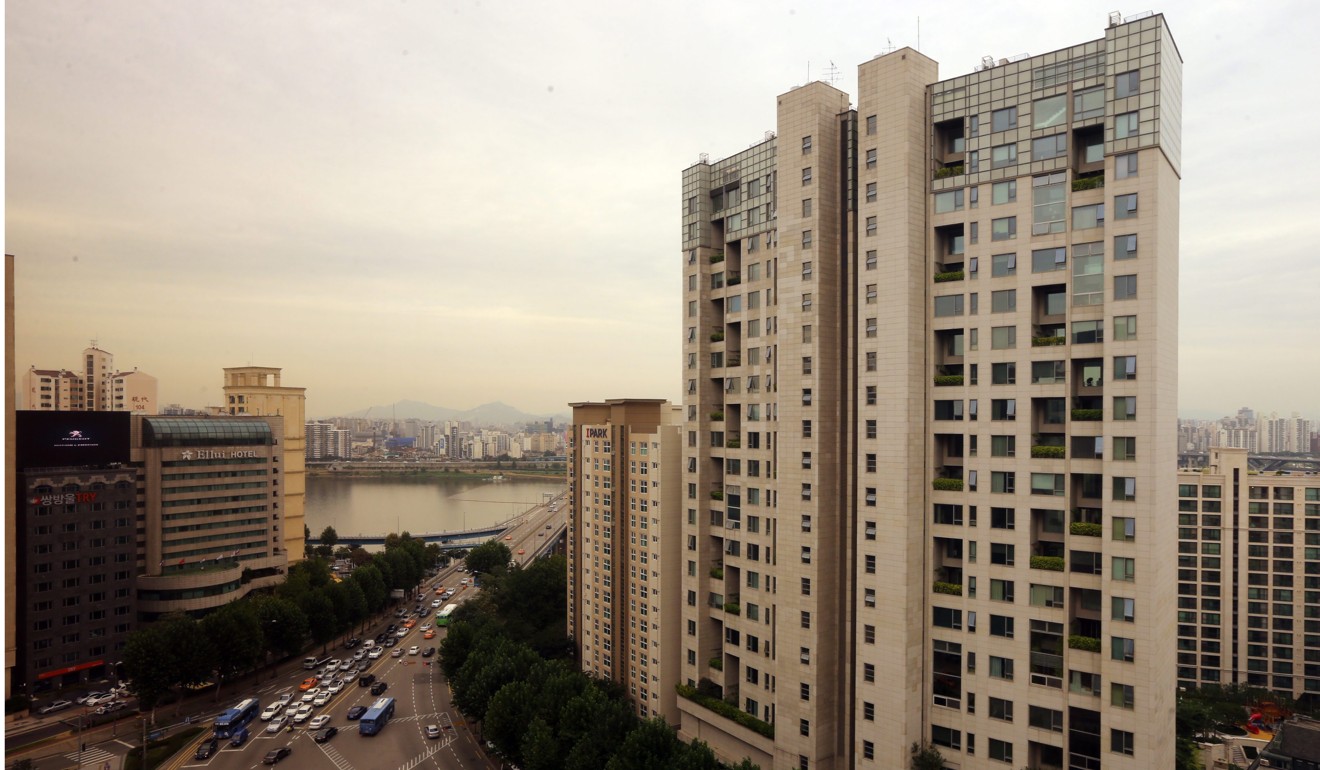
Support for South Korea property tax to curb soaring prices rises
Supporters of the hike say South Korea’s tax is small – ratio of real estate property tax to GDP is 0.8pc against 1.1pc average for OECD member countries
While the South Korean government is expected to discuss raising property taxes at a special committee, it won't be easy to reach a consensus as resistance by taxpayers will be inevitable.
Strategy and Finance Minister Kim Dong-yeon recently said a special committee on fiscal reform would be launched soon to examine overall tax policies of the Moon Jae-in administration. Based on a tax reform plan, the committee will also set up long-term guidelines for fiscal policies. The liberal administration is likely to increase fiscal spending, especially to tackle the country's low birth rate and expand overall social welfare spending.
The committee is getting the spotlight as it is expected to discuss raising property taxes.
Those who support the property tax hike say that the tax is small here compared with other Organisation for Economic Cooperation and Development (OECD) member countries. The ratio of real estate property tax to gross domestic product (GDP) stands at 0.8 per cent in South Korea, which is lower than the 1.1 per cent OECD member average. President Moon has also argued in his book that it should be raised to the average OECD level.
Experts generally agree that the property tax burden is lighter in South Korea, compared with other developed countries. According to Lee Sun-hwa, a researcher at the Korea Institute of Local Finance, the effective property holding tax rate stands at 0.156 per cent, which is only one third of the average 0.435 per cent of 13 OECD member countries. The effective holding tax rate measures the ratio of property tax to the total market capitalisation of real estate properties possessed by the private sector.
Voices supporting a property tax hike have increased following a steep hike of apartment prices, especially in the upscale southern districts of Seoul. According to market information provider Real Estate 114, apartment prices in Gangnam-gu averaged 43.26 million won (US$40,365) per 3.3 square meters as of February, jumping 12.5 per cent from last July when it averaged 38.44 million won. An analysis on the housing market trend data by KB Kookmin Bank showed that apartment prices of 11 southern districts rose 42 per cent during the past four years.
However, the administration is cautious as any tax hike could discourage voters. The former Roh Moo-hyun administration, whose ideology has been inherited by the current administration, had raised the tax steeply by introducing a “comprehensive real estate tax”, but it faced criticism that it was throwing “tax bombs” at homeowners.

“The official value of apartments in Seoul used by the government stood at only 66.5 per cent of their real prices. They are seriously compromising justice in taxation,” said Professor Jeong Se-eun at Chungnam National University.
While South Korea's property holding tax is low compared with other countries, experts say the government should consider lowering the real estate transaction tax. According to Lee, the effective real estate transaction tax rate is 0.21 per cent, nearly double the average 0.113 per cent of nine OECD member countries whose data were available.
Fundamentally, there won't be real estate speculation if there are better investment tools. “The government should make efforts to get excess liquidity in the real estate market to flow into more productive sectors,” said Kim Cheon-gu, a senior researcher at the Hyundai Research Institute.

